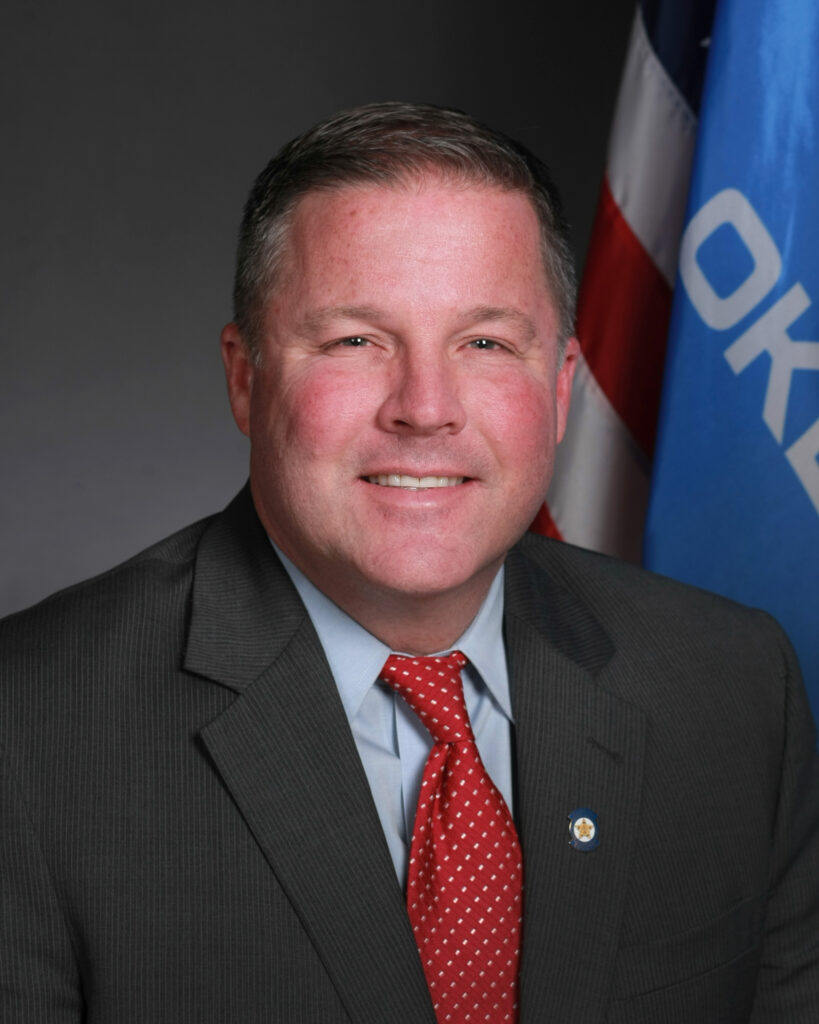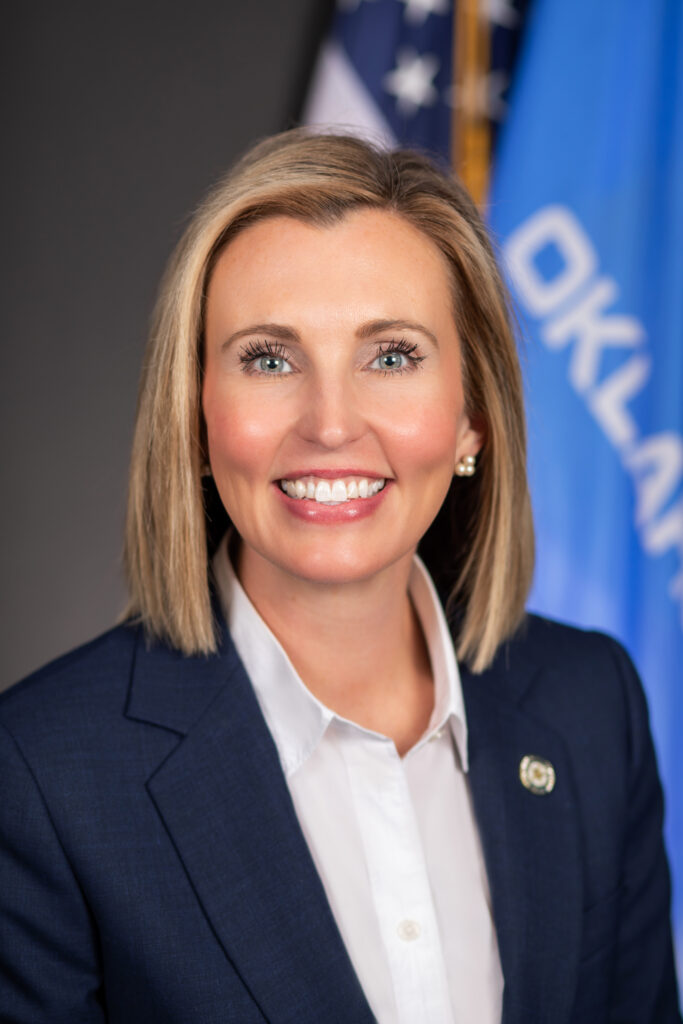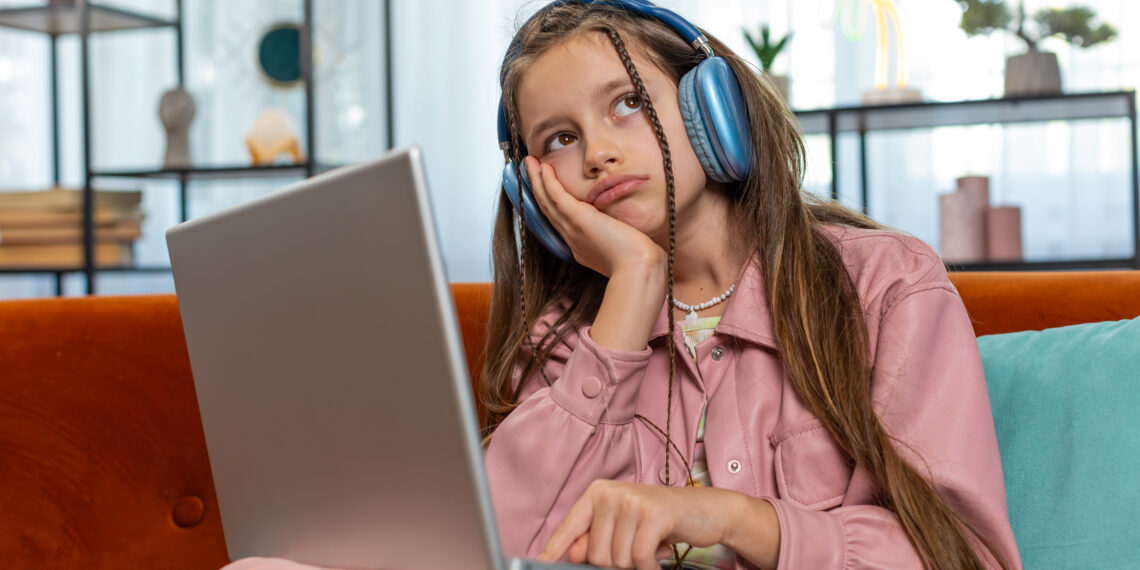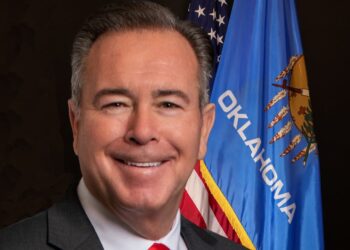OKLAHOMA CITY (OBV) — The Oklahoma State Senate’s new leader says virtual learning harms education for Oklahoma children, and a new bill has been filed to limit the number of virtual days in the school year.
Sen. Kristen Thompson, R-Edmond, last week filed Senate Bill 758 to limit what she and Senate President Pro Tempore Lonnie Paxton, R-Tuttle, describe as a form of learning that is detrimental to public school students across the state.

“We continue to see the disastrous and inefficient effects virtual learning is having on our children,” Paxton said. “We also continue to see school districts across the state plan their calendars for next year that include even more virtual days. Children learn best when they are in the classroom. They also learn critical social skills and how to interact with their peers. Virtual learning also puts a strain on working parents, who must find childcare or take off from work. For these reasons and more is why Senator Thompson and I have decided to refile legislation from last session that will limit virtual days in public schools.”
Thompson and Paxton filed the bill last year in the form of Senate Bill 1768.
Like last year’s bill, SB 758 limits virtual classroom education to incidents of inclement weather, staff shortages, illness and building maintenance issues. Virtual learning can also occur when deemed necessary by school administrators and approved by the State Department of Education.

The legislation is necessary to ensure students receive quality education, according to Thompson.
“This is necessary legislation to ensure students are getting the best education possible, which is in-person and in the classroom,” Thompson said. “I have seen firsthand the lack of quality instruction that occurs on a remote learning day. We have a responsibility to our children that they get the best education possible. I look forward to filing this measure again.”
Virtual learning became commonplace across Oklahoma and throughout the nation during the COVID-19 pandemic. Schools went virtual and many office employees worked remotely to minimize coronavirus’ spread.
Gov. Kevin Stitt recently issued an executive order ending the remote work option within state agencies.
“In the past several years, we have appropriated historic levels of funding to schools across the state,” Paxton said. “I believe returning to in-person work and cutting down on virtual days will improve productivity across state agencies, including public education.”
Education experts have found that virtual learning can be detrimental to children’s academic experience.
Harvard professor Stephanie Jones and Lecturer Emily Hanno conducted a study on childhood development, tracking children’s virtual learning experience during the pandemic.
Families who participated in the study said their children — young, elementary-age kids especially — experienced a rise in temper tantrums, anxiety and a poor ability to manage emotions.
“Parents reported that their children’s behaviors at home were worse during remote learning than during in-person learning,” the study states. “The results illustrate that parents perceived their children’s behaviors as having shifted systematically through the COVID-19 pandemic’s educational interruptions.”
The University of California, Davis, also conducted a study on virtual learning’s effects on students.
The change from a classroom setting to learning at home caused many students to experience undue stress, low levels of social inclusion and low satisfaction with school. Some students suffered mental health issues, according to the UC Davis study.

















